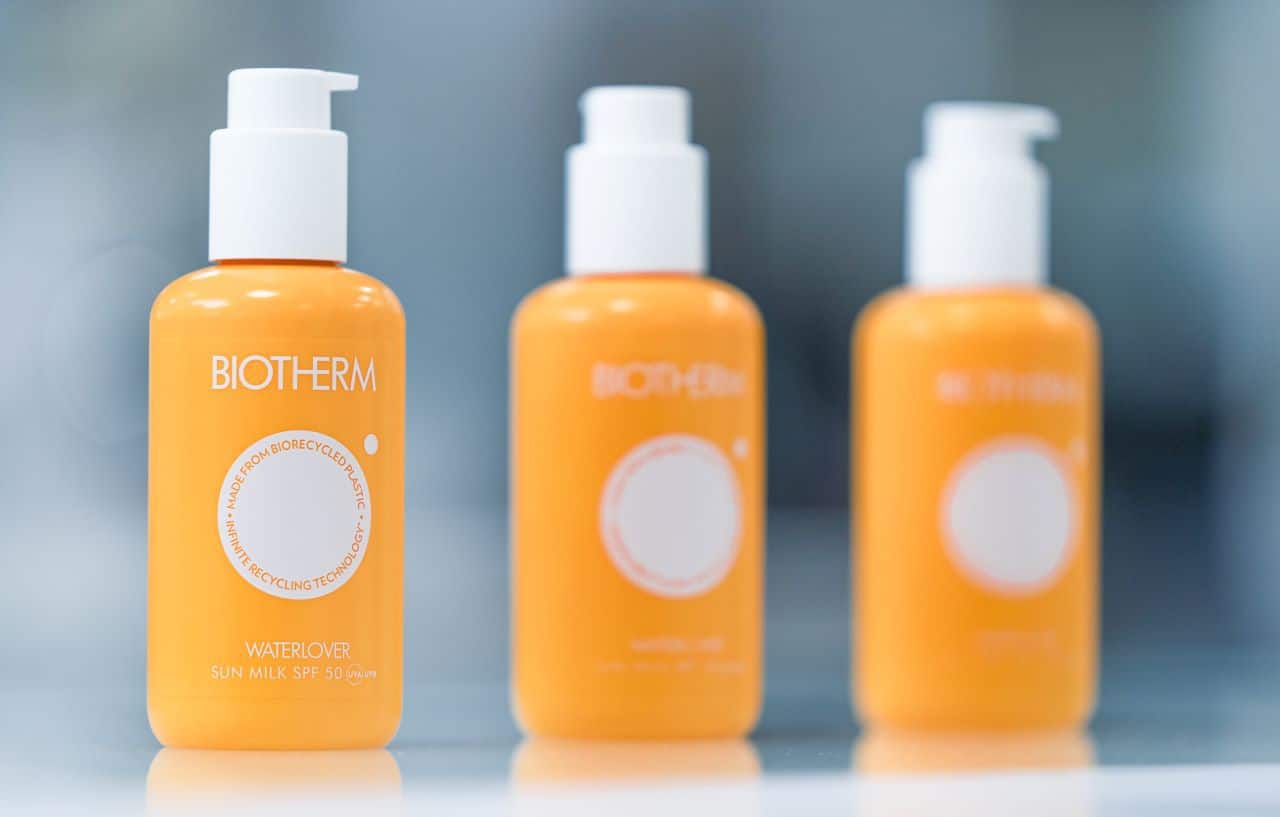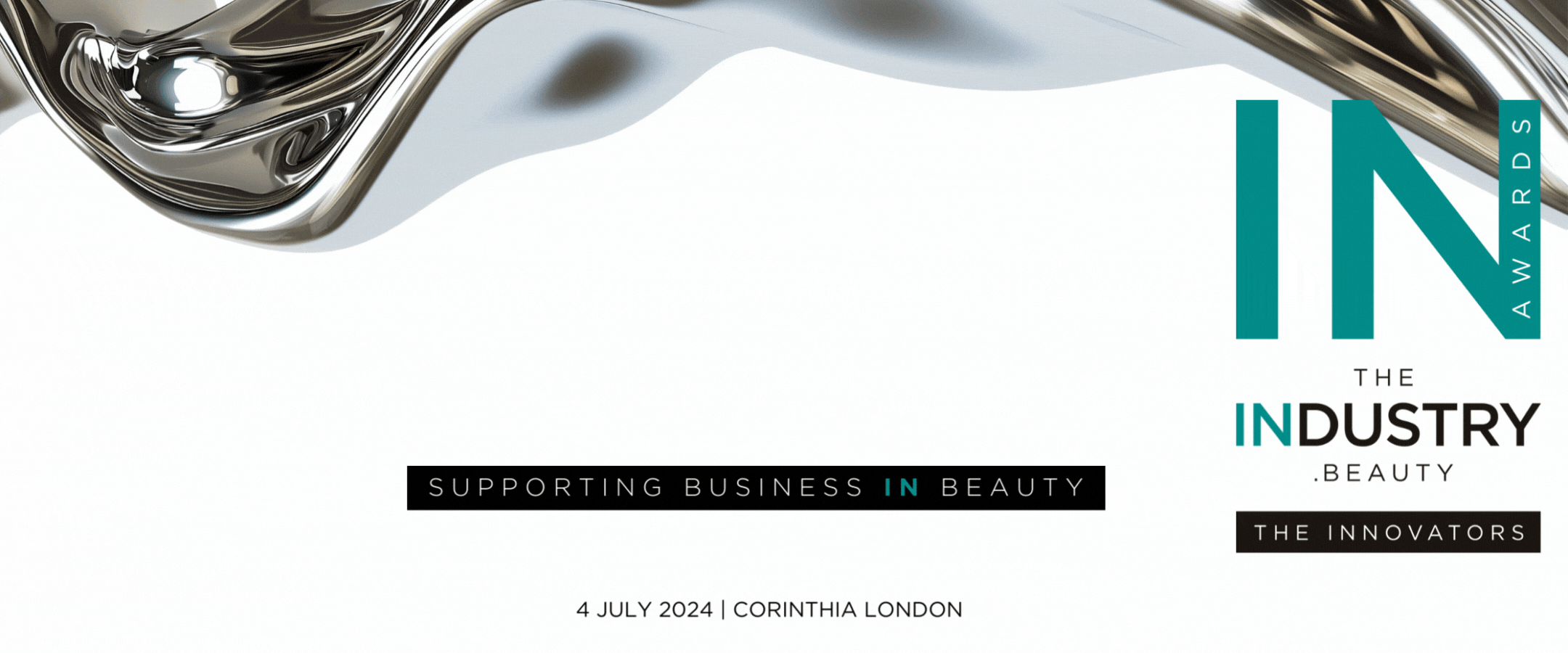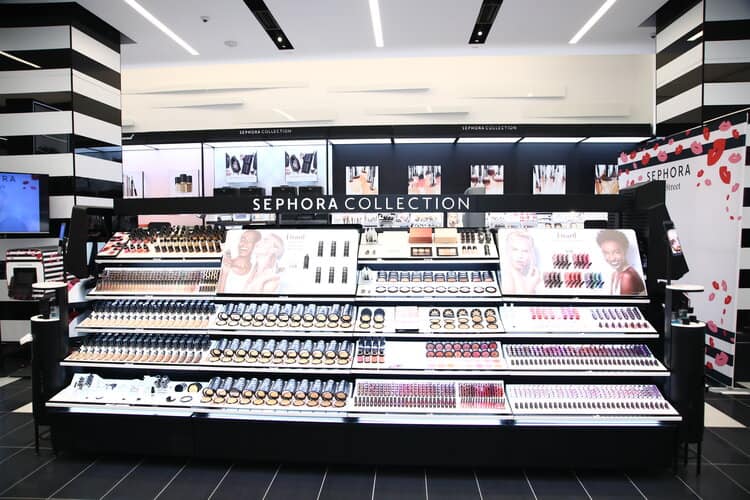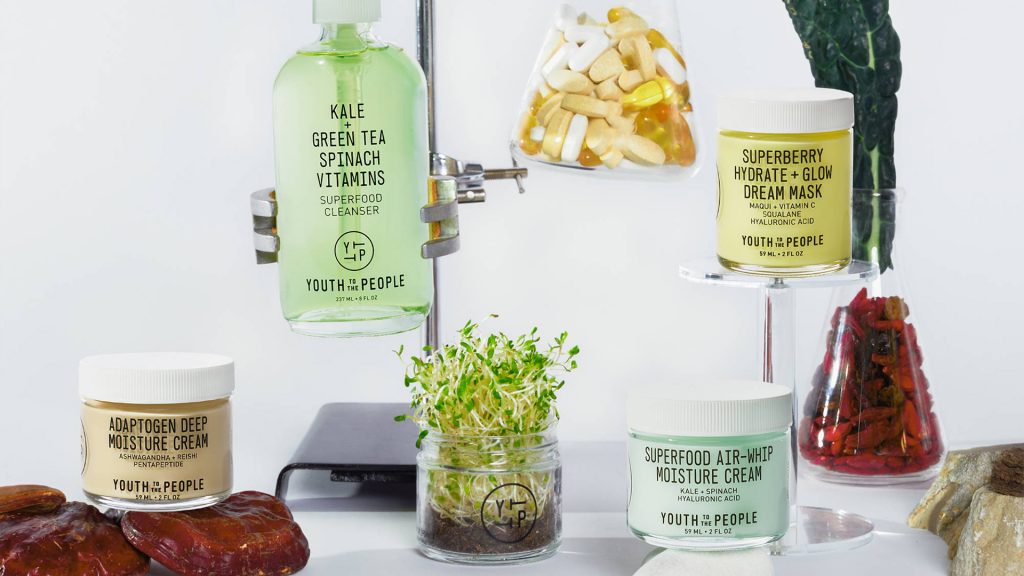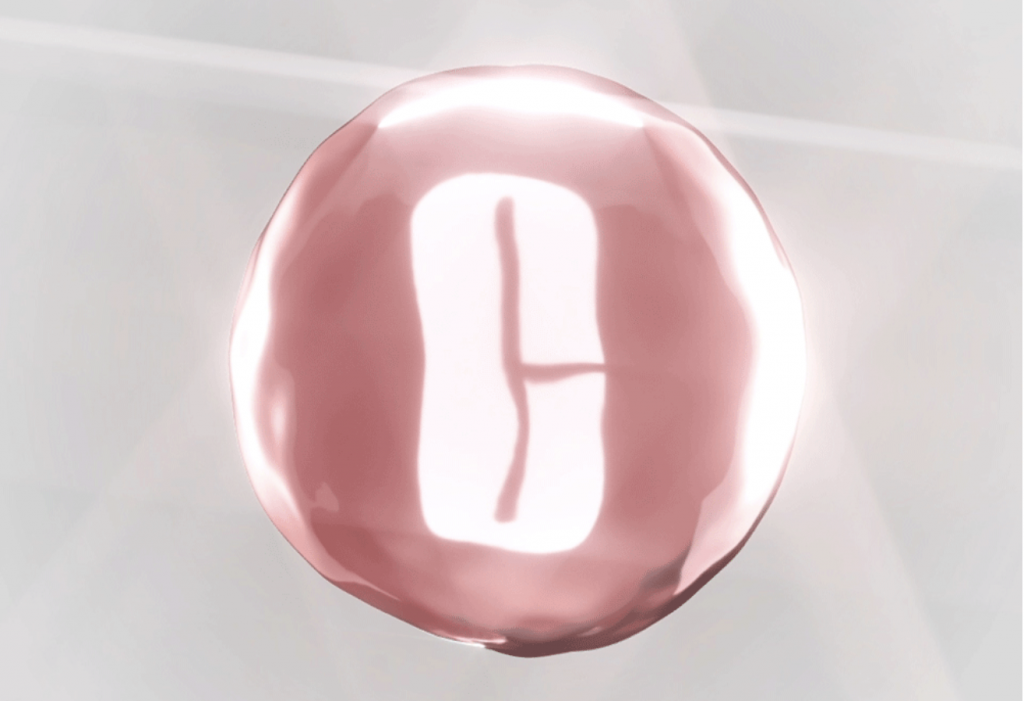L’Oréal’s Biotherm to lead infinitely recyclable packaging charge
L’Oréal’s Biotherm brand has pressed go on a pioneering eco-initiative which will see it become the first of the group’s beauty brands to launch a super-sustainable cosmetics bottle produced via a ground-breaking enzymatic recycling process.
Developed by French bio-tech specialist Carbios, the “bottles of the future” will be produced using transformational enzymatic recycling technology which breaks all types of PET plastic back down into its original building blocks - creating like-new, virgin plastic and an infinite, closed loop of recycling.
Traditionally, most plastic can only be recycled around three times before its quality degrades to the point where it is no longer usable.
Set to hit mass production in 2025, L’Oréal hopes that the new development will “pave the way,” for the manufacture of an array of new products made from 100% recycled materials produced via the enzymatic process.
L’Oréal packaging and development director Jacques Playe said: “We have been working with Carbios since 2017 to develop this first bottle made from PET derived from enzymatic recycling technology, an alternative to mechanical recycling.
“We are pleased to announce the feasibility of these bottles in a pilot phase and are delighted to be in a position to create the packaging of the future with our partners.
“This is a promising innovation for the years to come that demonstrates our commitment to bring to market more environmentally friendly packaging and which is part of a circularity initiative begun more than 15 years ago”.
Biotherm global brand president Giulio Bergamaschi said: “Biotherm is a pioneer in eco-responsible cosmetics and has put sustainable packaging and waste reduction at the center of its strategy.
“We are delighted to be the first beauty brand to realize a completely recycled bottle using plastic from Carbios’ disruptive technology”.
The development forms a key part of L’Oréal’s sustainability programme for 2030 which features a number of packaging objectives, including an ambition for 100% of its plastic packaging to be refillable, reusable, recyclable or compostable by 2025 and for 100% of its plastic packaging to be derived from recycled materials or biosourced by 2030.

